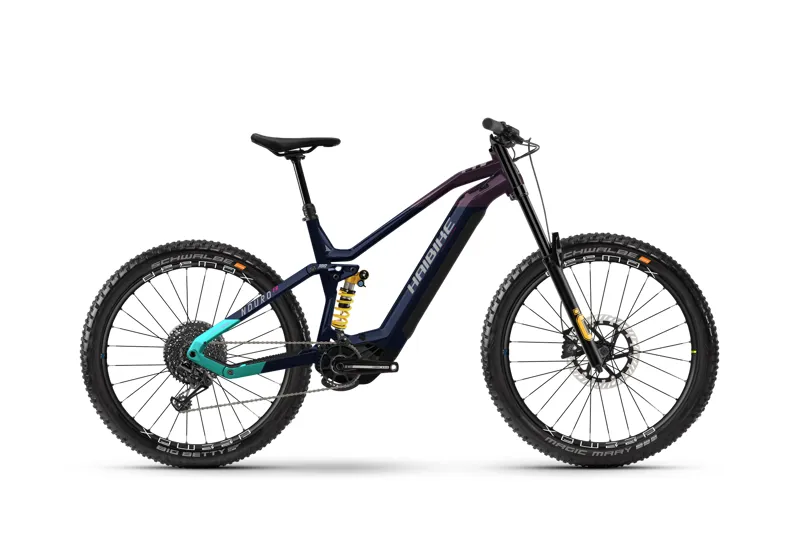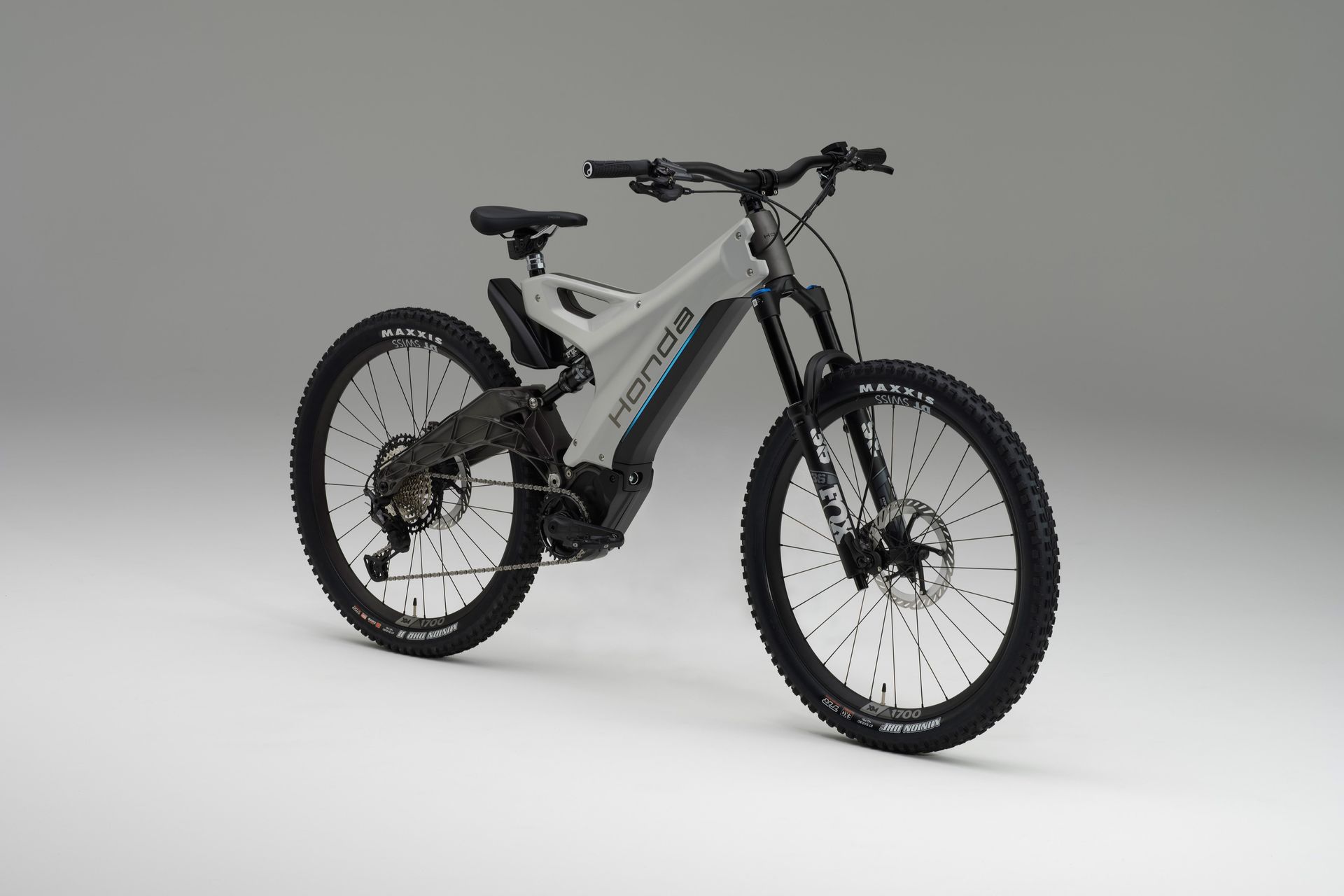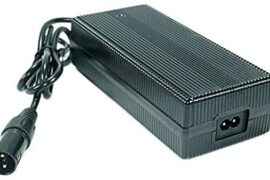Introduction

The transportation landscape is undergoing a seismic shift, fueled by the increasing adoption of electric bikes. Major car manufacturers are no longer ignoring this trend; instead, they are strategically entering the e-bike and electric cargo bike market. This blog aims to dissect the various strategies employed by different car brands and explain why this new market is vital for their future.
The Impending Threat of Electric Bikes
By 2023, Deloitte estimates global electric bike sales to skyrocket to 40 million units (1). These e-bikes offer not only cost efficiency but also a greener and less congested means of transportation. In an era of increased environmental consciousness, these factors alone pose a significant threat to the traditional automobile industry.
Strategies of Car Brands Entering the Electric Bike Market
Tesla

Although Tesla has not officially ventured into e-bikes, Elon Musk’s tweets and patent filings suggest a keen interest in the sector (2). Their emphasis on sustainable transportation solutions could mean e-bikes could be a future addition to Tesla’s portfolio. Read more about the Tesla electric bike here. In reality riding a bike that of this design is likely to be very uncomfortable for most. It looks futuristic and interesting and has likely served it’s marketing purpose in these regards.
Ford

Ford’s prototypes like the MoDe:Flex eBike and investments in e-bike sharing programs indicate their strategic move towards diversification (3). Indeed a Ford funded research project conducted over 10 years ago was cited by the Financial Times newspaper as the moment when the brand realised that the future of local transport will not be the car.
BMW
:max_bytes(150000):strip_icc()/BMW_i_Vision_amby_inform_02-b56621aa54784656968606a432a8e38b.jpg)
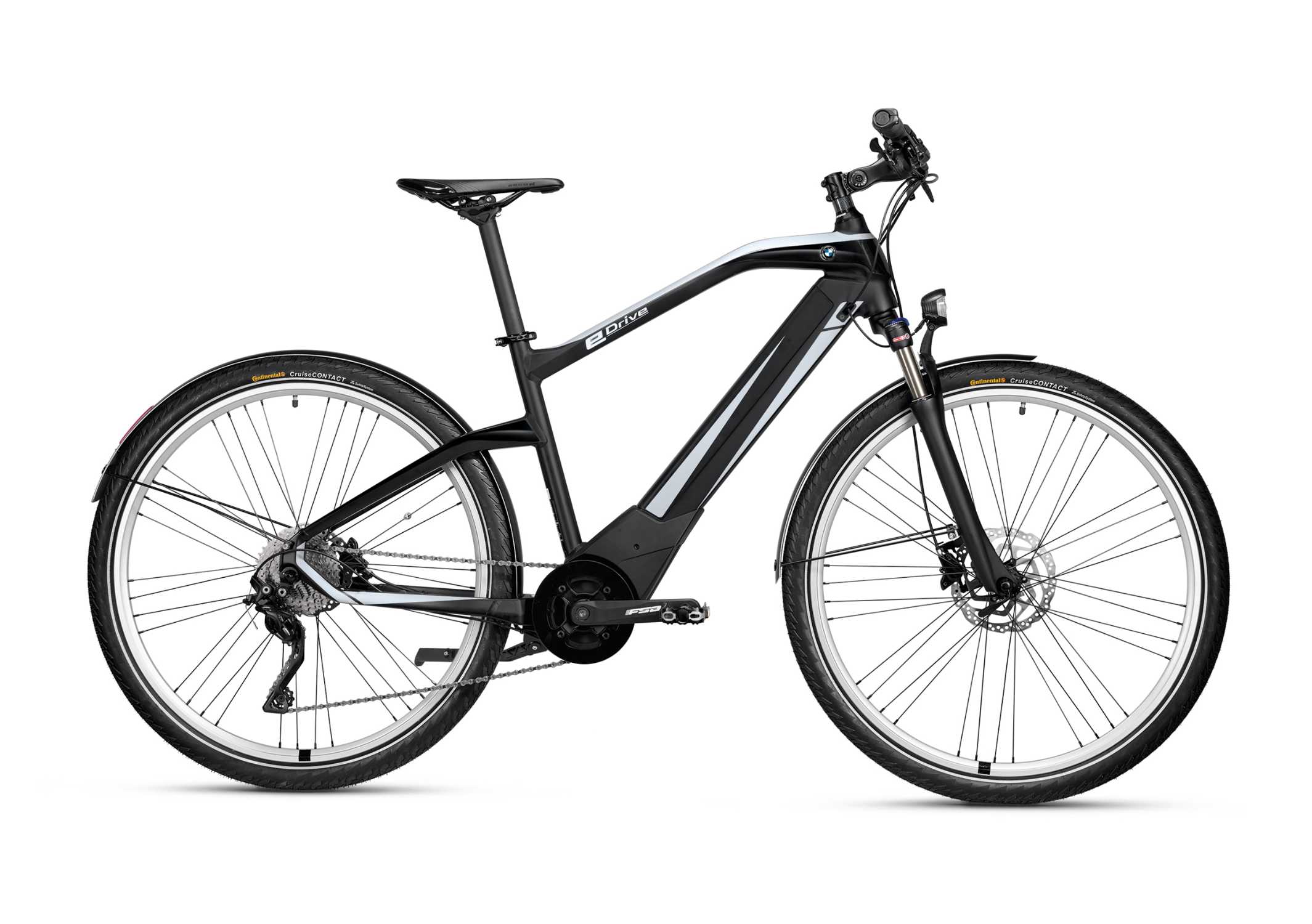
BMW has been selling electric bikes and scooters under their BMW Motorrad brand, maintaining their high-end focus on luxury and performance (4).
Volkswagen – electric cargo and personal transport

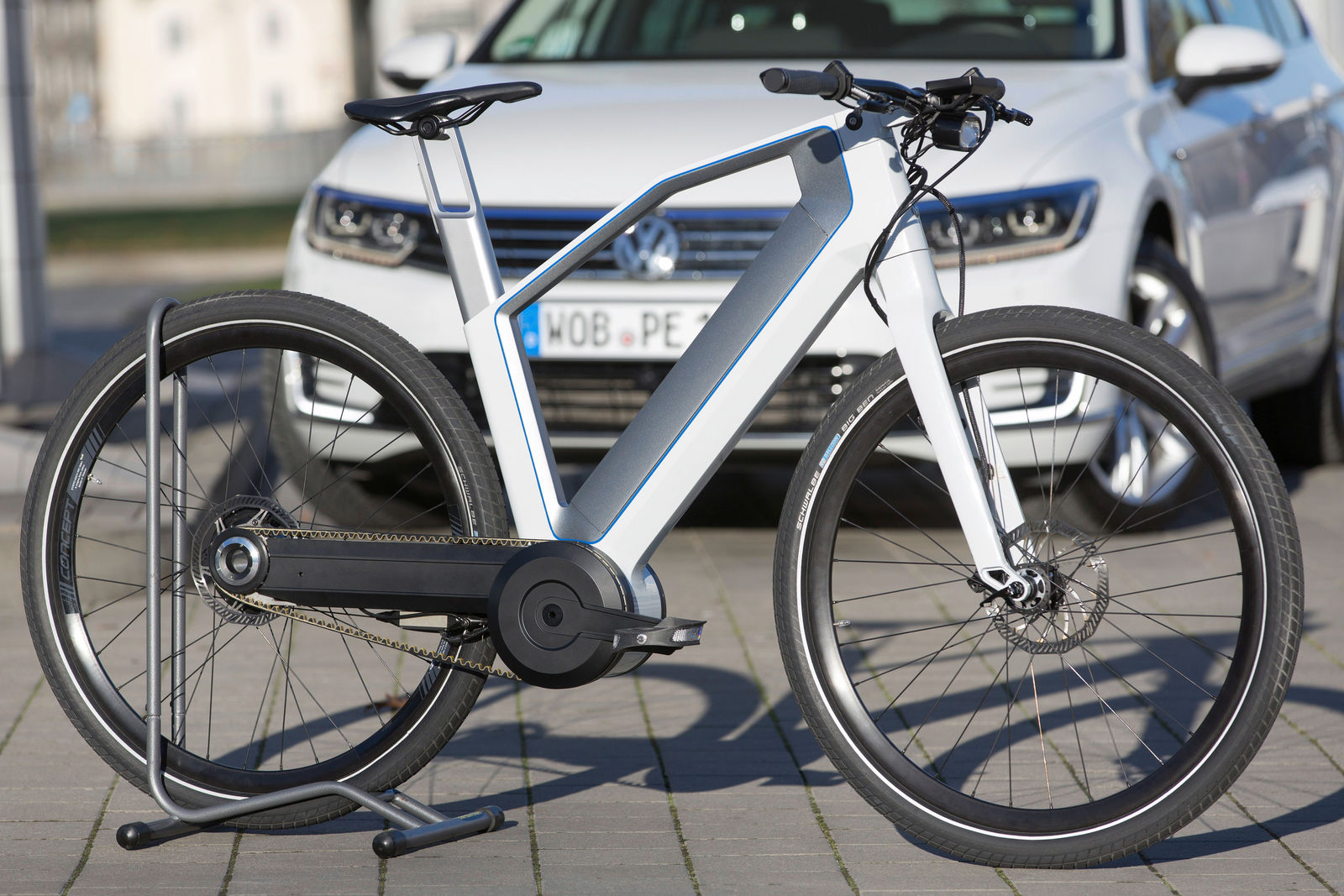
Volkswagen is broadening its scope to include e-scooters and has ‘future’ plans for e-bikes (5). The marketing concepts so far released include various eCargo bikes, trike and multi-wheel design. This move aligns with their overarching strategy to dominate electric transportation.
Toyota – the Verso eCargo Bike (made in France)
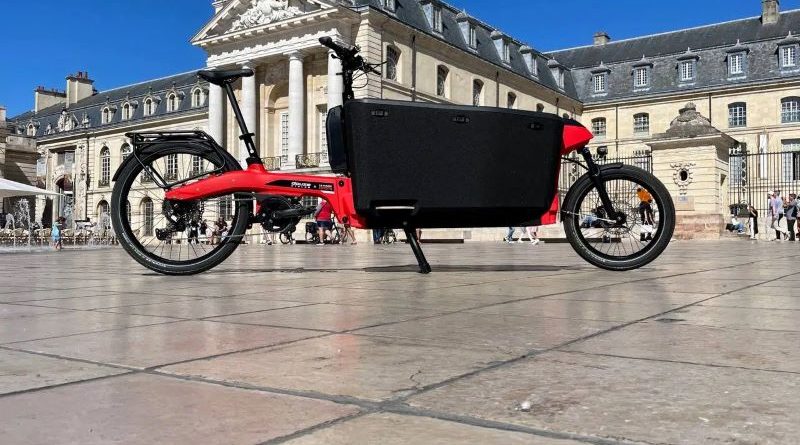
Toyota, in collaboration with Douze, has launched an eCargo bike in the French market (6). This move highlights Toyota’s efforts to tap into the micro-mobility and delivery services sectors.
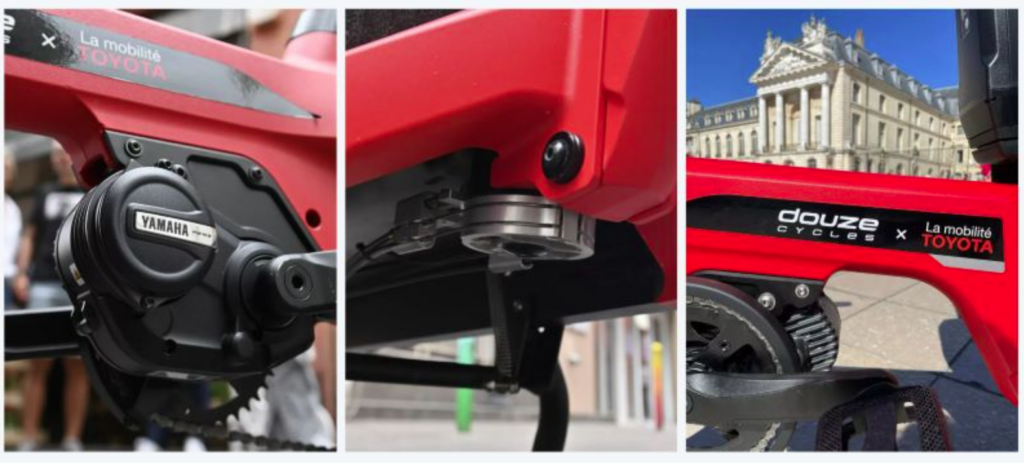
Porsche Electric Bikes
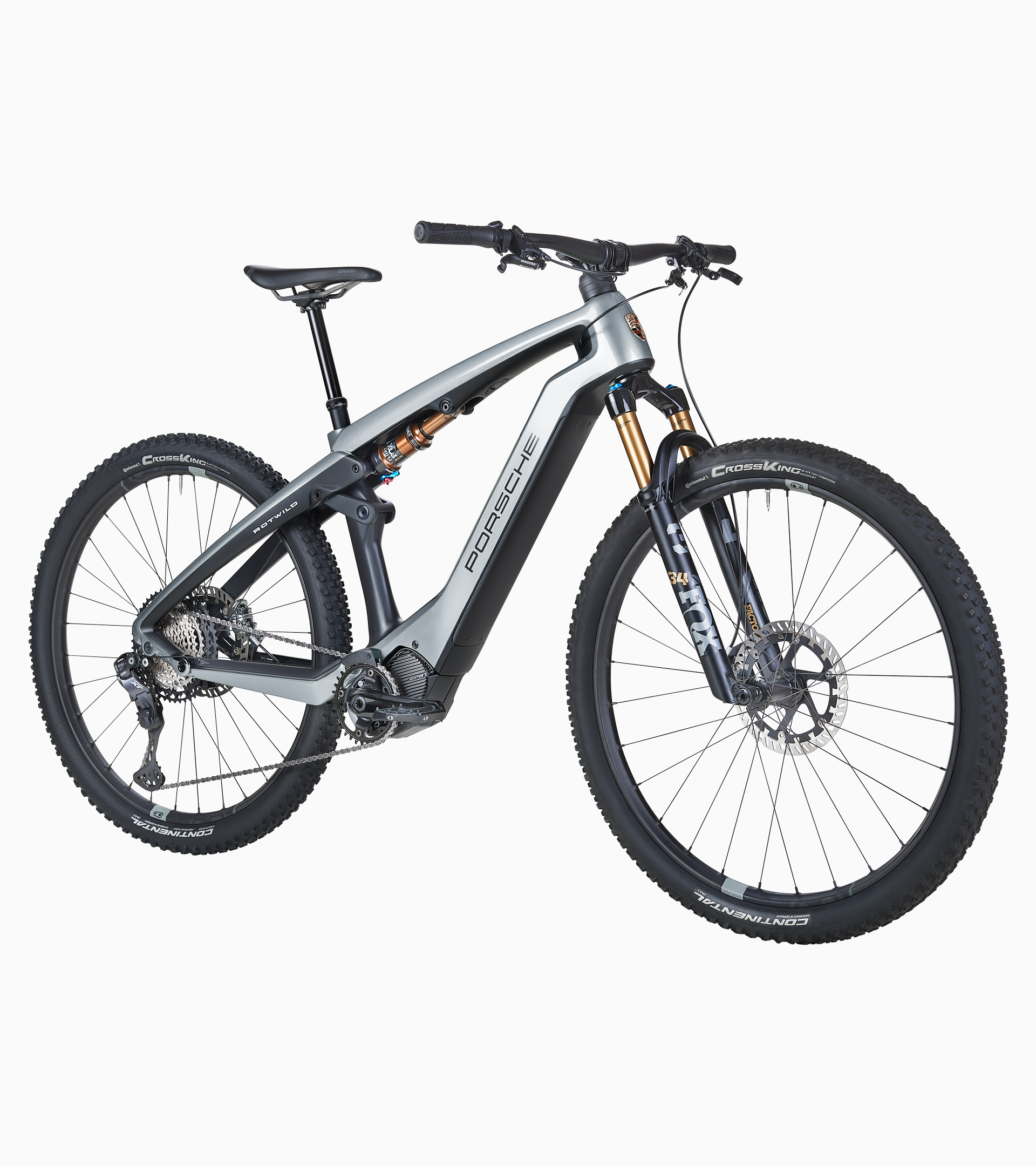
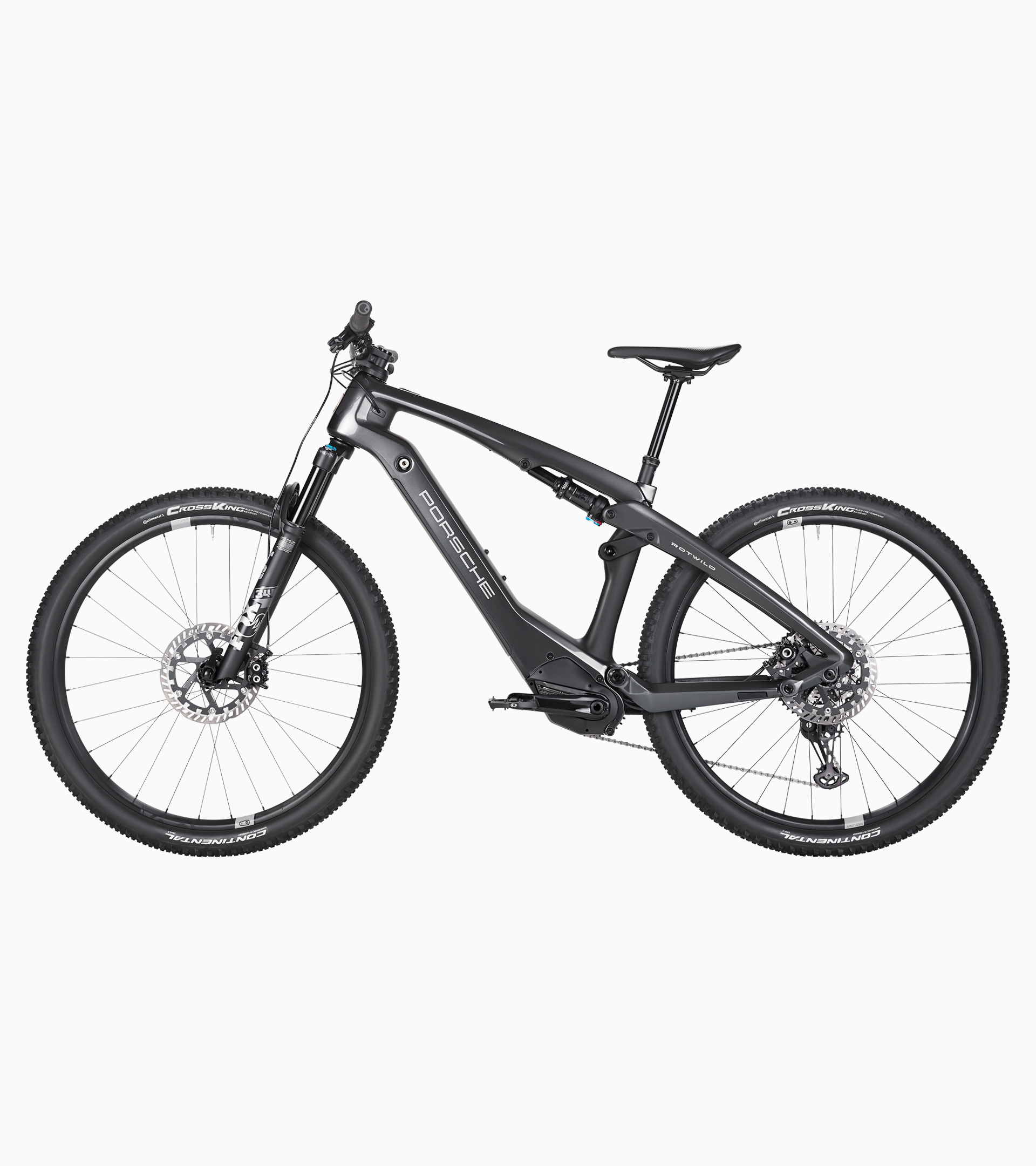
Porsche’s newly established business, Porsche eBike Systems, demonstrates a clear intention to foray into the e-bike market and create high-performance, luxury e-bikes (7). Porsche are not wasting our valuable time with the marketing of ludicrous concepts, they are actually building and selling electric bikes that you can ride.
Honda Electric Bikes

Honda launched their first electric moped back in 1994 as the Japanese market for electric bikes and scooters started to take off. The Japanese market for ebikes is almost 2 decades ahead of the UK. Since 2012 in Japan ebikes have outsold all other modes of 2 wheel transport……combined. Now Honda electric scooters / mopeds and motorcycles are being sold globally and they clearly have an eye on the biggest opportunity in the transport market = electric bikes…..who would have know? 😉
Why Is the E-bike Market Important for Car Manufacturers?
- Portfolio Diversification: Given the volatility in the traditional car market, diversification into e-bikes offers a buffer.
- Sustainability: E-bikes are in sync with the global shift towards more sustainable transportation methods.
- Urbanization: The increasing density of cities requires efficient and less space-consuming transportation solutions, like e-bikes.
Societal Drivers & Conclusion
Cultural Shift
Culturally, the younger demographic’s leanings toward active, outdoor lifestyles provide a ripe market for e-bikes.
Societal Concerns
The need for eco-friendly solutions is escalating, making e-bikes an attractive option for the socially conscious consumer.
Demographic Changes
An aging population in many developed countries sees e-bikes as a convenient alternative, enhancing mobility without the complexities of driving a car.
Conclusion
Electric bikes are not merely a passing trend but signify a cultural, societal, and demographic shift towards sustainability, convenience, and efficiency. Car brands are wisely recognizing this paradigm change and positioning themselves to leverage the growth of the micro-mobility market. The challenge lies in how well they can adapt and cater to this emerging consumer need.
References
- Deloitte, Global Electric Bike Market, 2021
- Tesla Official, Twitter, 2020
- Ford Press Release, MoDe:Flex eBike, 2015
- BMW Official Website, BMW Motorrad, 2021
- Volkswagen Annual Report, 2020
- Cycling Industry News, “Toyota and Douze bring eCargo bike to the French market,” 2023
- Porsche eBike Systems Official Release, 2023
- Audi electric bike
Challenges Faced by Car Manufacturers in Entering the Electric Bike Market
Brand Positioning and Identity
Car manufacturers have spent decades, sometimes even centuries, building their brands around automobiles. Diversifying into electric bikes might create a conflict in the brand narrative. For luxury car brands like Porsche or BMW, convincing their high-end consumer base to embrace a product like e-bikes, which are generally perceived as less luxurious, could be a significant hurdle.
Regulatory Compliance
E-bikes are subject to a different set of regulations than cars, including safety standards and restrictions on speed and battery power. Car manufacturers would need to invest time and resources into ensuring that their e-bike models comply with these regulations, which can vary by country or even by city.
Supply Chain and Manufacturing
The e-bike components, such as lighter frames, smaller batteries, and electric motors, are substantially different from those of cars. Manufacturers will have to either adapt their existing supply chains or establish new ones. This involves not just financial investment but also time and expertise to source high-quality materials suited for e-bikes.
Market Competition
The electric bike market is already populated by numerous established players, including firms that specialize solely in e-bikes. Car manufacturers will have to compete with these companies who have more experience in and a deeper understanding of this specific market.
Distribution Channels
The traditional distribution channels used by car companies may not be directly applicable to e-bikes. Most e-bikes are sold through specialty retailers or online, unlike cars, which are often sold through dealerships. Manufacturers will have to adapt or build new distribution networks to reach e-bike consumers.
Customer Outreach and Education
The target demographic for e-bikes can differ considerably from that of cars. Companies may need to invest in customer education and marketing to make potential buyers aware of the benefits of their e-bikes, especially if they’re priced higher than those of competitors.
Cultural Perceptions
In many countries, bikes are not seen as a status symbol, unlike cars. This cultural perception can be a challenge for car manufacturers used to selling products that offer not just utility but also prestige.
Profit Margins
E-bikes typically have lower profit margins than cars. For big automotive companies, accustomed to the higher margins in their traditional offerings, the economics of e-bikes might require a strategic overhaul in pricing and cost management.
Technological Challenges
While electric car technology is rapidly advancing, integrating such technology into e-bikes, which have much less room for batteries and other components, poses its own set of challenges. The balance between performance and weight is crucial for e-bikes, complicating the design and engineering process.
Final Thoughts
Entering the electric bike market may seem like a logical next step for car manufacturers looking to diversify and capitalize on the growing demand for sustainable transportation options. However, it’s not without its challenges, which range from supply chain complexities to cultural perceptions. Success will depend on how well these companies can adapt their decades-old expertise in car manufacturing to this burgeoning market.
See our range of high quality European made electric bikes here and enjoy a lifestyle change wonderful beyond conception.
